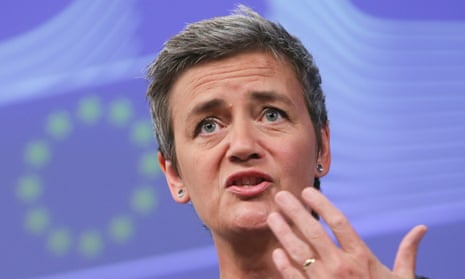The European commission’s ruling against Apple is the biggest blow dealt by Brussels so far in a long-running battle against multinationals and their tax affairs.
These are the tax investigations that have been completed by the commission, as well as ongoing cases. All involve some of the biggest companies in the world, from Starbucks to online retailer Amazon.
Completed investigations
Starbucks

In October 2015, the commission ordered the Netherlands to recover up to €30m (£26m) in taxes from the coffee shop chain. Because of favourable tax treatments available in the Netherlands, tax planners at Starbucks had been keen to ensure as much of the company’s income as possible was channelled through the country.
Fiat
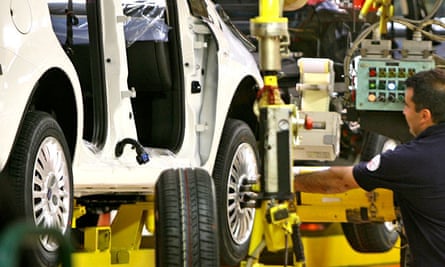
At the same time as the Starbucks decision, the commission told Luxembourg to recoup up to €30m from carmaker Fiat. Both cases involved the use of similar tax avoidance structures. Income from many other countries was shifted to the Netherlands and Luxembourg via interest, royalties and other intra-group payments.
Announcing the Fiat and Starbucks rulings, the European competition commissioner, Margrethe Vestager, said: “I hope that, with today’s decisions, this message will be heard by member state governments and companies alike. All companies – big or small, multinational or not – should pay their fair share of tax.”
AB InBev, BP and 33 others
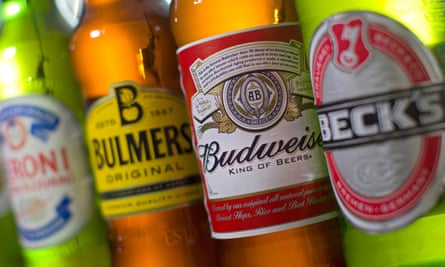
In January this year, the commission told Belgium to recover around €700m from 35 companies. According to reports, they included oil group BP and AB InBev, the brewer behind the Stella Artois brand, due to their participation in a tax scheme that breached EU competition rules.
Belgium had introduced a scheme under which multinationals could reduce their corporate tax bases by up to 90%.
Ongoing investigations
Amazon
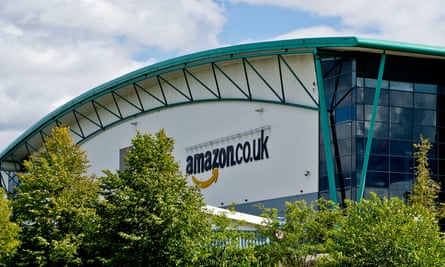
The commission is currently scrutinising Amazon’s tax deal with Luxembourg. Brussels believes the 2003 deal could have allowed Amazon’s European headquarters to lock in a preferentially low tax rate, using a system of internal royalty payments. According to a Reuters report, Amazon could be ordered to repay €400m. However, the US company has said it does not receive preferential treatment from Luxembourg and is not based in the Grand Duchy solely for tax reasons, and it has more than 1,000 employees based there.
McDonald’s
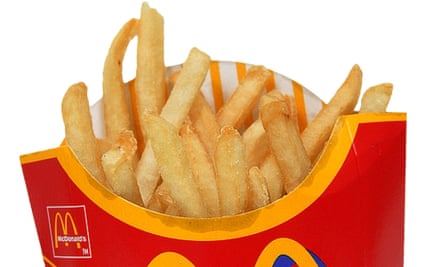
In December, Vestager announced an investigation into a deal between McDonald’s and Luxembourg. She said the US fast food chain had not paid any corporate taxes in Luxembourg or the United States on royalties paid by franchisees in Europe and Russia since 2009. She said: “A tax ruling that agrees to McDonald’s paying no tax on its European royalties either in Luxembourg or in the US has to be looked at very carefully under EU state aid rules. The purpose of double taxation treaties between countries is to avoid double taxation — not to justify double non-taxation.”
McDonald’s denied any wrongdoing, while Luxembourg said the fast food group had not received preferential treatment. As with the Apple ruling, the commission can rule that a tax arrangement constitutes illegal state aid if it has not been offered to other companies.
